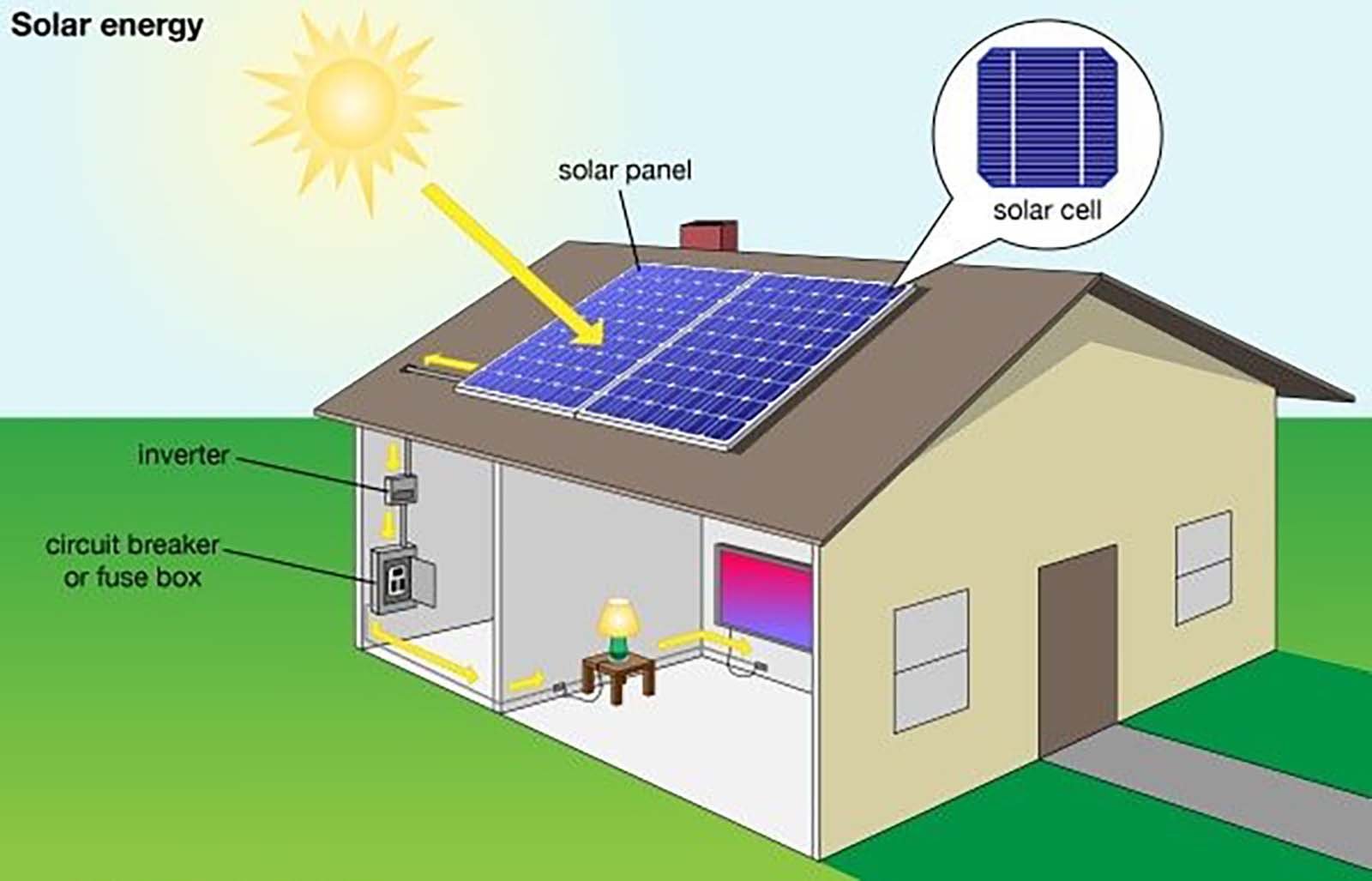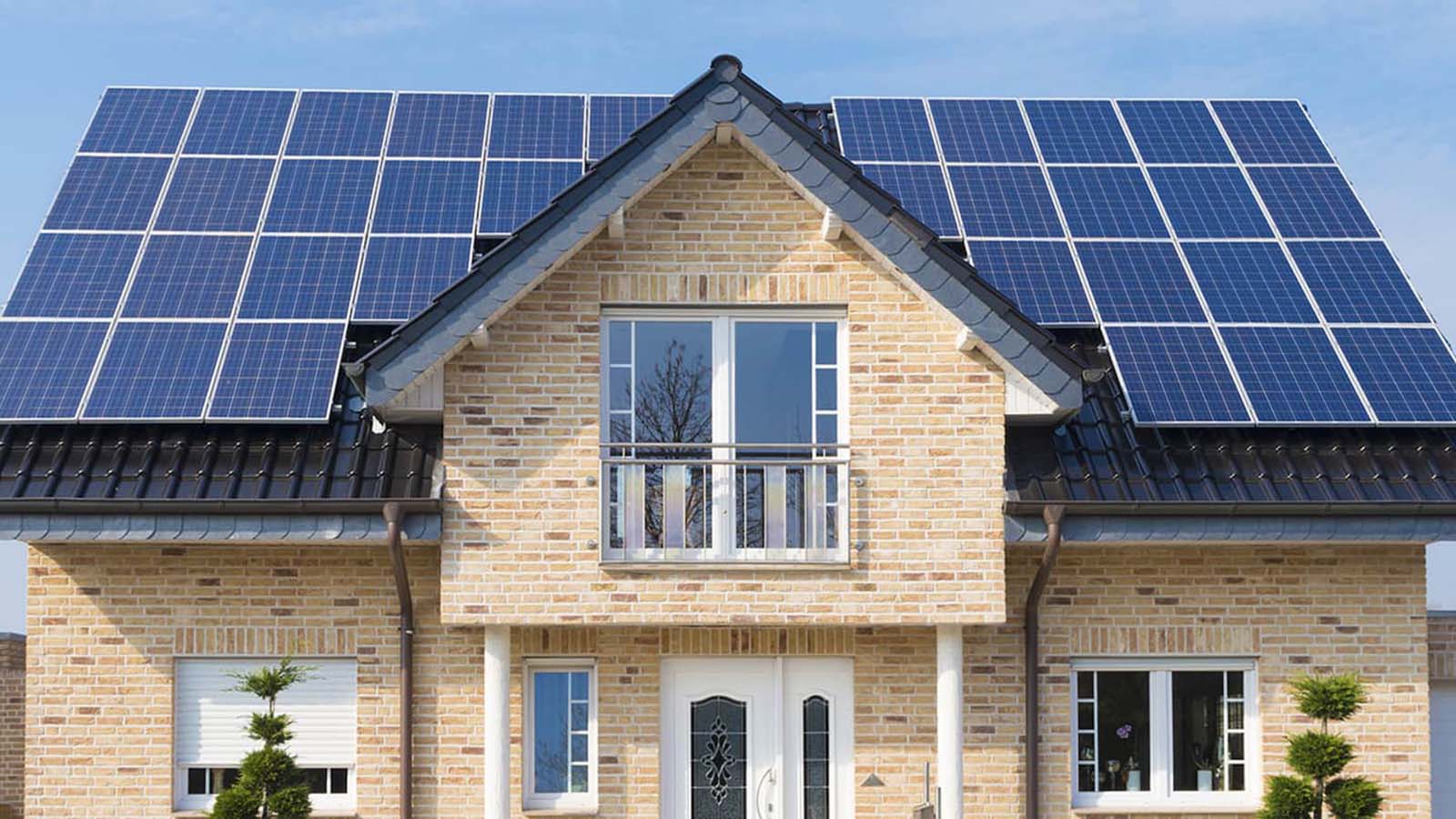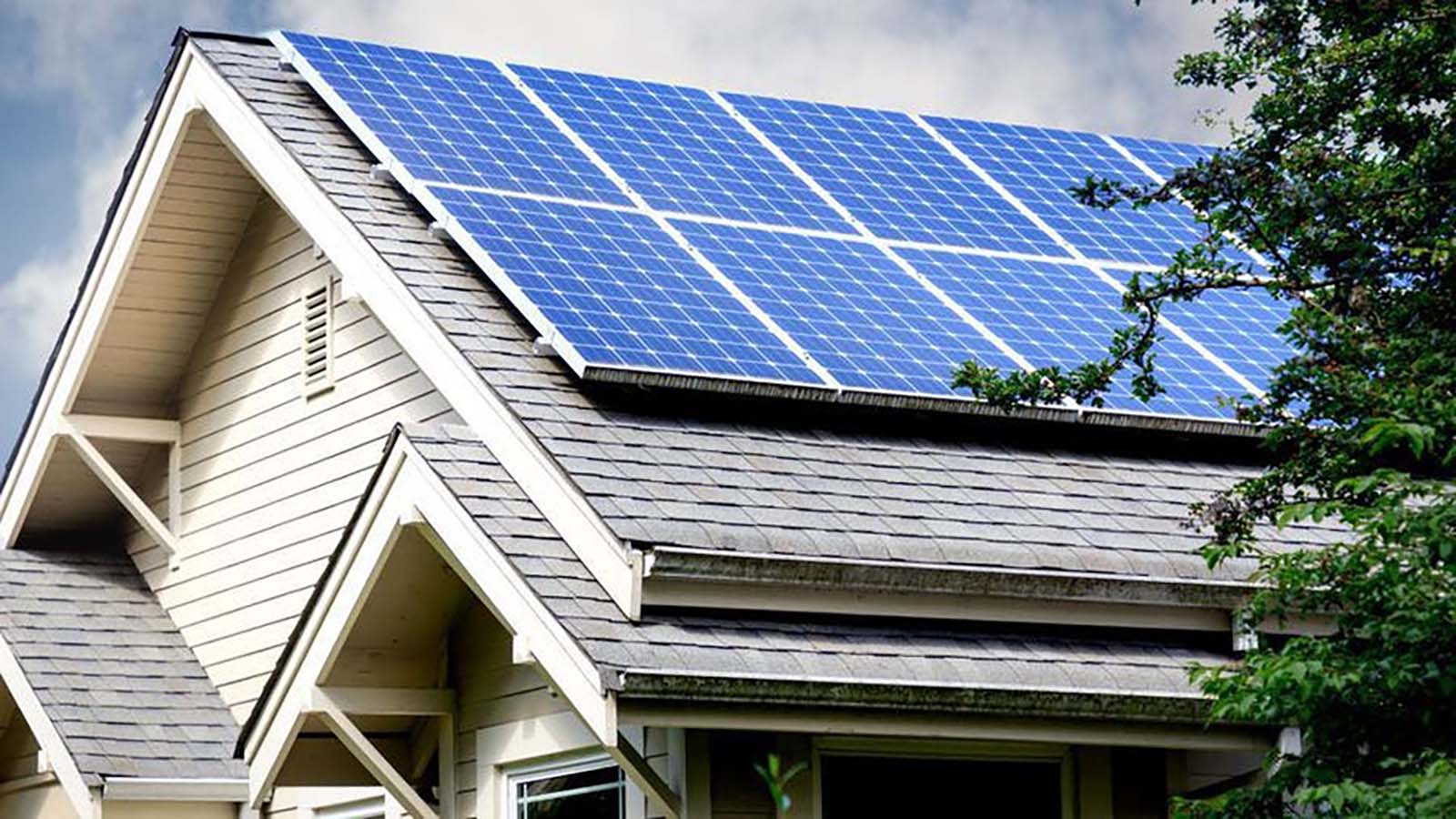How Many Batteries Are Required for a 10kW Solar System?

Introduction
A 10kW solar system is a popular choice for homeowners looking to harness renewable energy and reduce their dependence on traditional power sources. However, one common question that arises is how many batteries are required to efficiently store the energy generated by such a system. In this article, we will explore the factors influencing the number of batteries needed for a 10kW solar system and provide insights into making an informed decision.The Capacity of Batteries
When determining the number of batteries required for a 10kW solar system, it is essential to consider the capacity of the batteries being used. Battery capacity is measured in kilowatt-hours (kWh), and it represents the total amount of energy that it can store. Different battery technologies vary in their capacity, with lithium-ion batteries often offering higher storage capabilities compared to lead-acid batteries.Calculating Battery Requirements
To calculate the number of batteries needed for a 10kW solar system, it is crucial to assess two primary factors: the battery capacity and the daily energy consumption. Firstly, determine the battery capacity required based on your energy needs during non-sunlight hours. Suppose you require 6kWh of energy per day during this period. Assuming the recommended depth of discharge for batteries is 50%, you would need batteries with a capacity of at least 12kWh.
Next, consider the daily energy production of your 10kW solar system. On average, a 10kW solar system generates approximately 40-50kWh of energy per day, depending on factors such as location and shading. To ensure an optimal storage setup, aim for at least two days of backup power. Therefore, you would need a total battery capacity of at least 80-100kWh, achieved by installing enough batteries with a 12kWh capacity mentioned earlier.
Factors Influencing Battery Requirements
Apart from the capacity considerations, several other factors may influence the number of batteries required for a 10kW solar system. These include:1. Efficiency: Battery systems are not 100% efficient, meaning that a portion of the energy gets lost during charging and discharging processes. To account for this, consider a higher battery capacity to compensate for efficiency losses.

2. Climate and Seasonal Variations: If you live in an area with extreme weather conditions or experience significant seasonal variations in sunlight availability, it may be advisable to install additional batteries to ensure uninterrupted power supply during unfavorable conditions.
3. Future Expansion: If you have plans to expand your solar system in the future, it is wise to install more batteries than initially required to accommodate the increased energy generation.

